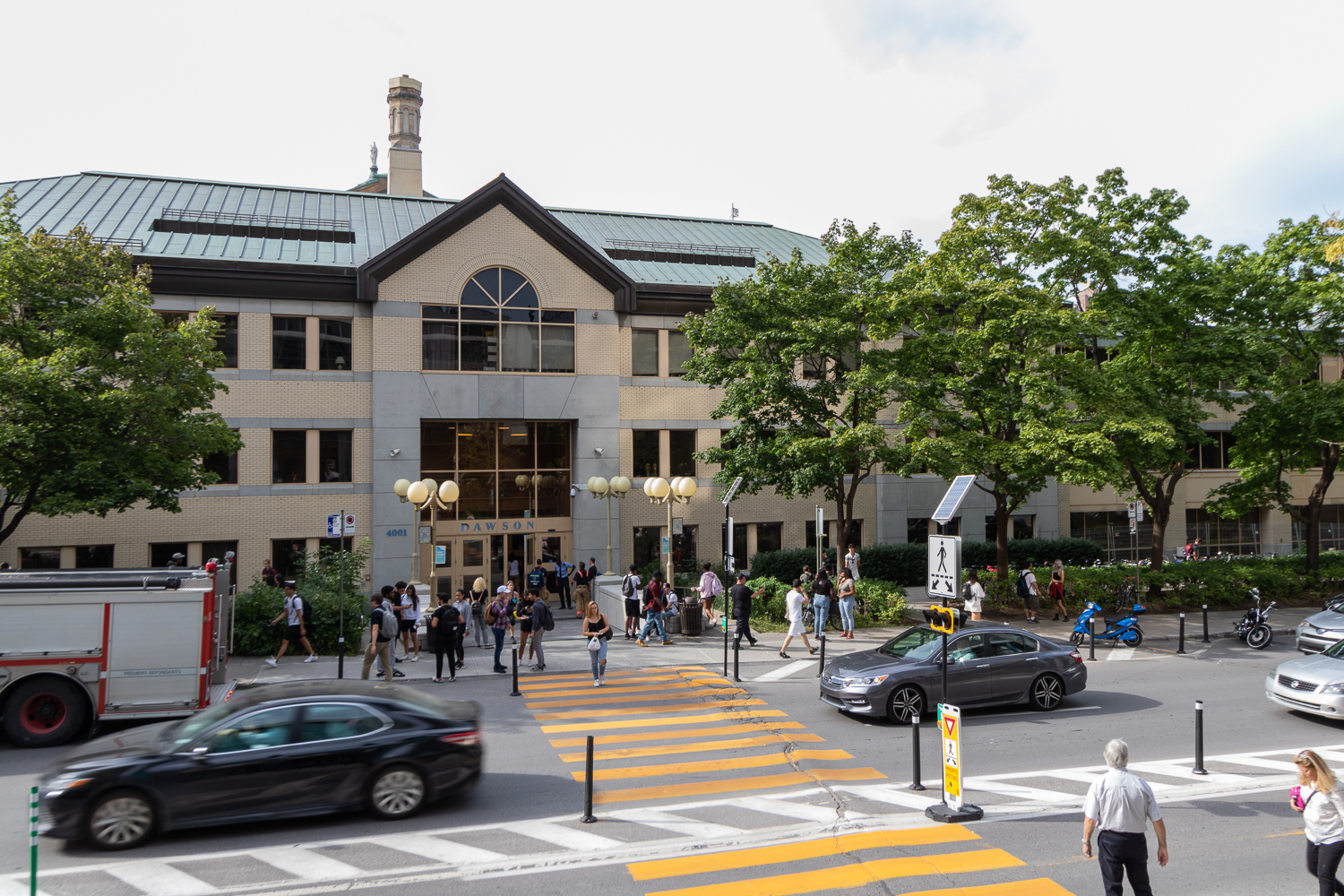Sweeping changes under Quebec’s Bill 96 lead to significant job losses among language teachers at English CEGEPs.
With the introduction of Quebec’s Bill 96, educators in Montreal English-language CEGEPs are facing a seismic shift that stands to redefine the educational landscape for both students and faculty. Faculty across language departments fear job losses as the new French language law takes its toll, signifying a dramatic change in how languages are taught and learned in the province.
At the heart of this upheaval is the amendments to the Charter of the French Language, as per Bill 96, aimed at reinforcing the use of French across Quebec. With its implementation, English-language CEGEPs, once a beacon for diverse language learning including Hebrew, Greek, German, Mandarin, Spanish and Italian, are now mandated to drastically cut back on their language offerings to make room for more French language courses. This legislation not only impacts the fabric of language education but also the very careers of those dedicated to teaching these languages.
Bill 96, passed in May 2022, represents a significant overhaul of the Quebec Charter of the French Language. It mandates, among other things, that students at English CEGEPs must take a minimum of five courses in French, leaving little space for other language courses. This legislation extends the principles of Bill 101, which has regulated language use in Quebec since 1977, by tightening the requirements for English education and incorporating changes that directly affect English-language CEGEPs and their students.
The immediate effects of Bill 96 have been profound. Christina Chough, professor at Dawson’s Spanish faculty, and her colleagues at Dawson College have been thrust into a state of uncertainty and fear, with the expected loss of 80 per cent of language faculty highlighting the severe impact on educators. The mandate for students to take additional French courses means a drastic reduction in enrollment for other language courses, leading to significant job losses among faculty. This shift not only affects the educators, but also diminishes the diversity of language instruction available to students, limiting their exposure to global languages and cultures.
John Abbott College’s Julie Gagnon-Riopel, a Spanish professor, echoes these concerns, highlighting the irony of having to cut language offerings at a time when the world is more interconnected than ever. The expectation that the language department may shrink by 60 to 70 per cent illustrates the sweeping consequences of the law.
Looking forward, the ramifications of Bill 96 extend beyond the immediate job losses and curriculum changes. The law poses significant challenges for talent recruitment, making it more difficult for English-language CEGEPs to attract and retain educators in a shrinking field. Additionally, the narrowing focus on French language education may impact students’ preparedness for university and their future careers, particularly in a globalized world where multilingualism is an asset.
As educators like Chough and Gagnon-Riopel grapple with Bill 96’s unfolding implications, the question remains: How will Quebec’s educational landscape adapt to these challenges, and at what cost to its students and teachers?
The 2024 academic year is poised to see these changes fully realized.t The impact of Bill 96 on English-language CEGEPs in Montreal is a developing story—one that speaks to the tension between linguistic preservation and the rich tapestry of language education that has long characterized Quebec’s educational system.
